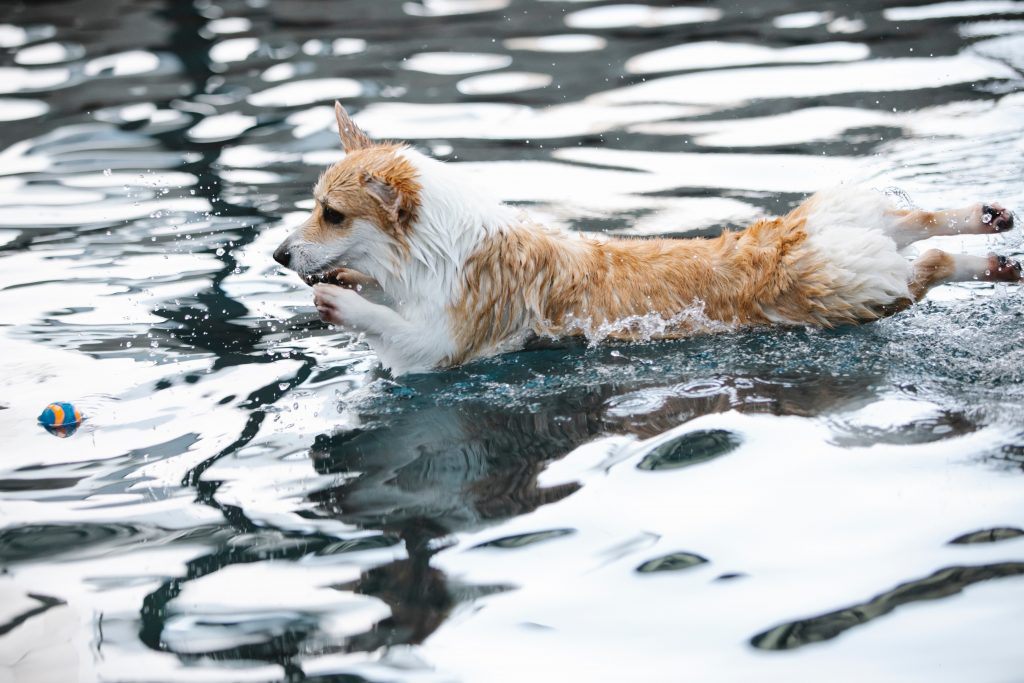This article takes a deep dive into the history of dog breeds and how certain types of dogs were bred for specific purposes.
It also talks about how some dog breeds have a longer and more detailed history than others, which can often be challenging to find the answer to!
Ratter Dogs
Do dog breeds have histories? It depends on what you’re talking about. Many people believe that some dog breeds, such as the Dalmatian, are descended from dogs used in hunts by medieval nobility. Others believe that certain dog breeds, such as bulldogs, were bred simply for their looks and popularity. In either case, it isn’t easy to know for sure.
Where Are Ratter Dogs Found?
Do Dog Breeds Have Histories? It Depends What You’re Talking About
The history of dog breeds is a complicated topic, mainly because there are many different types of dogs. Their accounts can vary greatly depending on what you’re specifically looking for.
That said, some general truths can be gleaned about most breeds, regardless of their origins. For example, almost all dog breeds have been developed through selective breeding, meaning specific characteristics have been emphasized to create a better species. These characteristics can include things like size, temperament, and appearance.
Another thing to keep in mind is that not all dog breeds originated in Europe. Several popular dog breeds originated in Asia – including the Japanese Chin, the Chinese Shar-Pei, and the Korean Jindo.
And while some North American dog breeds may be more closely tied to European heritage than others, this isn’t always the case. For example, the Labrador Retriever originated in Canada but is strongly associated with the United States thanks to its popularity as a hunting breed.
Why Would People Breed Rats to Dogs?
There are many reasons people might breed rats into dogs, but the primary one is to create a dog with a specific trait. For example, some people might want a dog with a quick reaction time or the ability to sniff out items. Breeding rats to dogs can also create specific physical characteristics, like a short tail or prominent ears.
There’s no one answer as to why people would breed rats to dogs; it depends on the specific situation. But as long as you know the potential consequences of producing rats to dogs and understand that not all rat-dog mixes will be successful, you should be fine.
How Can We Find Out More About the History of Dog Breeds?
There is no definitive answer to this question, as the histories of dog breeds vary considerably depending on what one considers a “breed.” That said, some general information about the records of specific dog breeds can be gleaned by looking at their Origins tales.
For example, the English Cocker Spaniel allegedly originated in medieval England as a hunting companion for royalty. The American Pit Bull Terrier was bred in America in the late 1800s as a working animal. The Japanese Chin was initially used as a guard dog in samurai estates. And the Brussels Griffon is believed to have originated in Belgium in the late Middle Ages as a hunting companion for noblemen.
Of course, not all breeds have origins that date back so far; some were developed over time. For example, the modern Australian Cattle Dog is a descendant of working dogs brought to Australia by British settlers in the early 1800s. And the Pug was developed in China several centuries ago as a toy and pet breed.
So while there is no definitive answer to the question of which dog breeds have the oldest histories, it is possible to understand these histories by looking at specific origin stories for individual species.
Conclusion
This article is all over the place. First, it starts with a history of the English mastiff. Then it moves on to pit bulls and their history in America.
It concludes by saying that whether a dog breed has a specific history depends on what you’re specifically looking for. I’m sorry, but this article does not provide helpful information about dog breeds or their accounts.

